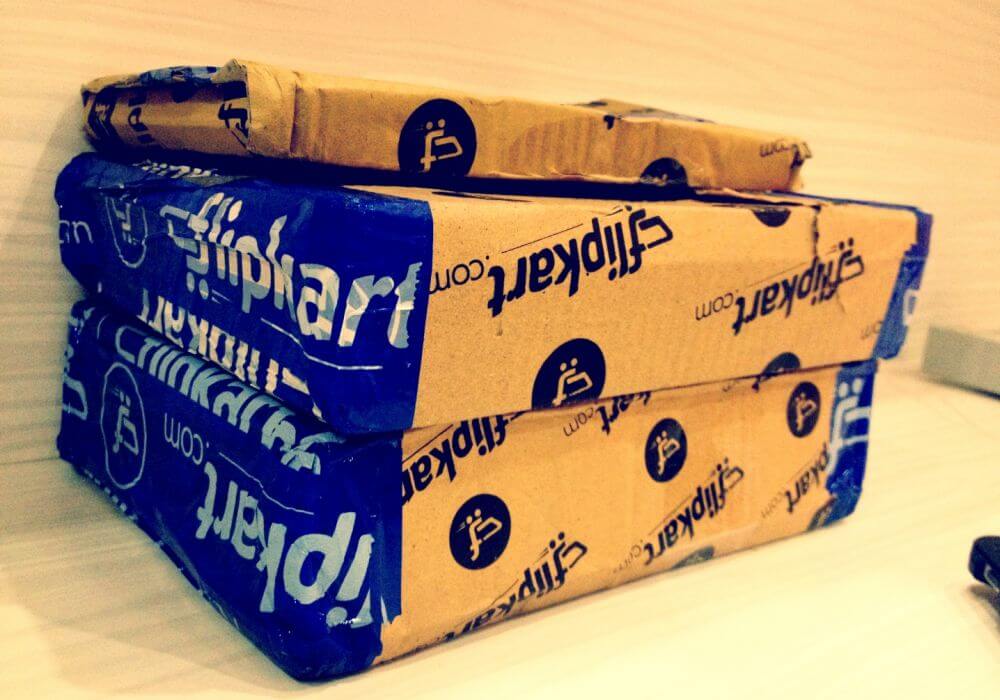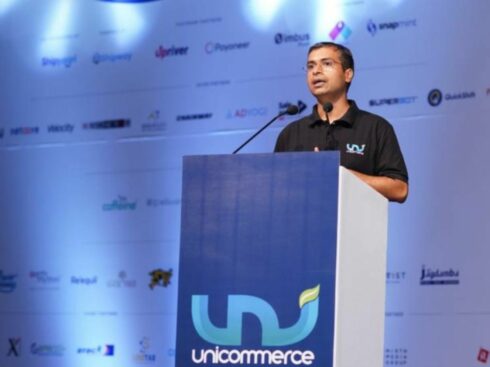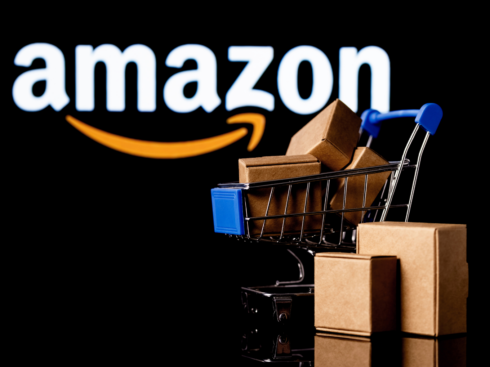SUMMARY
Sports Brand Skechers Recently Filed A Case Against Flipkart And Four Sellers For Shipping Counterfeit Items
Two days after US-based athletic footwear brand Skechers filed cases with the Delhi High Court against Flipkart and four other sellers for selling fake products, the country’s leading online marketplaces, including Flipkart and Amazon, have issued statements vehemently denying these allegations.
Reports of counterfeit products being sold on ecommerce platforms first surfaced when Skechers, with the help of court-appointed local commissioners, raided seven warehouses of the sellers in Delhi and Ahmedabad and discovered more than 15,000 pairs of fake Skechers shoes.
The sellers in question were Retail Net, Tech Connect, Unichem Logistics and Marco Wagon.
While the company has declined to comment directly on the development, a report by ET stated that Skechers would likely raid more warehouses and then release the final count of shoes.
Soon afterwards, another publication News18 released a report, in which it alleged that more than 60% of sports goods sold online in India are fake, with at least 40% of the listings being made by duplicate manufacturers.
According to the report, the findings were made by a team of brand investigators, who raised a warehouse in Meerut’s Brahmpuri area. During their investigation, the team claims to have recovered a large number of counterfeit items, with the majority of them belonging to the sports category.
In response to the controversy, a spokesperson for Flipkart said, “Flipkart is an online marketplace, an intermediary, that helps sellers connect with customers across the country. As a responsible company, however, we have a robust system of checks and controls to detect and weed out fake products. Flipkart observes a zero-tolerance policy on incidents where sellers are found violating customer trust and quality guidelines. We conduct our business with the highest standards of integrity and are fully compliant with all rules of the land.”
Through its ‘Flipkart Assured’ model the company keeps a check on the genuineness of products sold on its platform. However, it appears that the problem persists because of the large number of sellers, upwards of 100K, currently associated with Flipkart.
Echoing Flipkart’s statement, Amazon added that it follows a stringent practice of identifying and removing fake products from its platform and has “zero tolerance for counterfeit”. An Amazon India spokesperson said, “Amazon has zero tolerance for counterfeit. Amazon’s customers trust that when they make a purchase through Amazon.in – from one of its sellers – they will receive authentic products manufactured by the true manufacturer of those products. To preserve that trust, Amazon is investing heavily in protecting the integrity of the Amazon marketplace for consumers, sellers, and manufacturers.
“Amazon is also working closely with rights owners to strengthen protections for their brands on Amazon. We remove suspected counterfeit items as soon as we become aware of them, and we suspend or block bad actors suspected of engaging in illegal behavior or infringing others’ intellectual property rights. We have taken independent legal action against bad actors, and will continue to do so. And we work with law enforcement who present us with valid legal process,” the company stated.
Other online marketplaces like Snapdeal and Shopclues have also released their statements on the matter. A Snapdeal spokesperson told Inc42, “Snapdeal complies with the due diligence requirements as specified per applicable laws. The “Terms of Use” and “Report Abuse & Takedown Policy” for the marketplace are framed and implemented in accordance. Any complaints regarding counterfeit products / IPR infringement are promptly acted upon, including disabling the product and/or the seller from using the platform.”
Fake Products On Ecommerce Platforms: Not The First Time
Over the past years, several petitions have been filed by consumers and companies against sellers selling fake products. Previously, companies like Tommy Hilfiger, Lacoste, Calvin Klein have also helped confiscate thousands of fake apparels through court-aided raids on warehouses, owned by either sellers or smaller niche fashion portals.
For Flipkart, this isn’t the first time that the issue of counterfeit products has surfaced. In October of 2015, the ecommerce behemoth had blacklisted about 40 sellers through its mystery shopping network of 60 employees which was initiated that very month. Later in March 2016, the company once again blacklisted 250 of fraud sellers from its platform. The etailer assigned over 300 of its employees and staff of a leading consultancy firm to act as ‘secret agents’ and weed out the sellers who were selling substandard products. While shopping on Flipkart, these agents were required to identify the substandard goods and report it to the Flipkart security team by sending the picture of the item to a specific email ID.
In case of Snapdeal, controversies surrounding counterfeit products have been aplenty. In January 2015, customers of Snapdeal repeatedly complained about receiving soap bars or even stones in their packages instead of the much more valuable phones that they ordered online.
Only two months later, one of Snapdeal’s authorised vendors was arrested by the police for selling fake HP cartridges. Hewlett-Packard, an international company that manufactures computer hardware and printers, after being faced with complaints about fake cartridges being sold through etailing platforms, swung into action and contacted Enforcement of Intellectual Property Rights for investigation of the matter.
In July this year, Paytm Mall delisted over 85K online sellers, in an effort to block fraudulent merchants from signing up on the ecommerce platform.
With Indian ecommerce market poised to hit $200 Bn by 2026, as per a report by Morgan Stanley, the risk of counterfeit products has increased multi-fold in the last couple of years. Whether big players like Flipkart and Amazon will be able to weed out these fraudulent sellers remains to be seen.



























